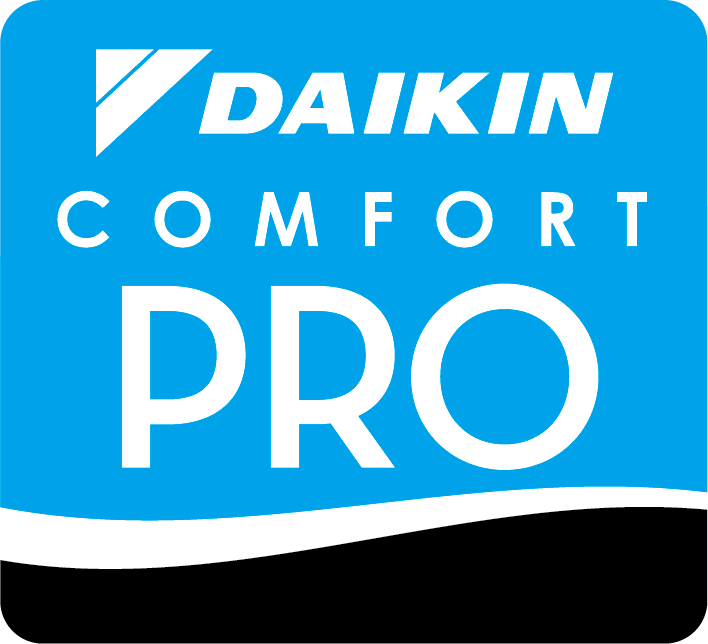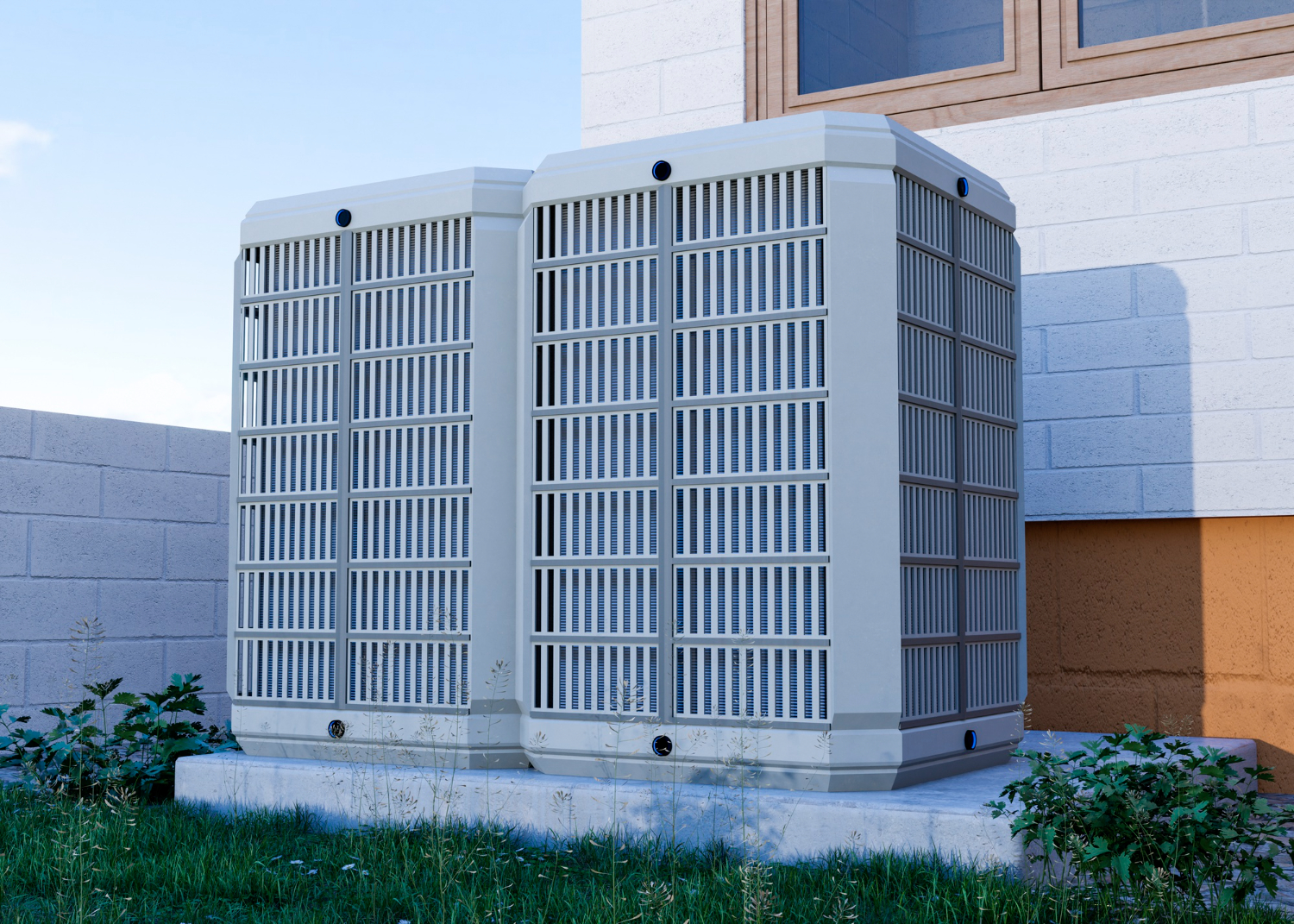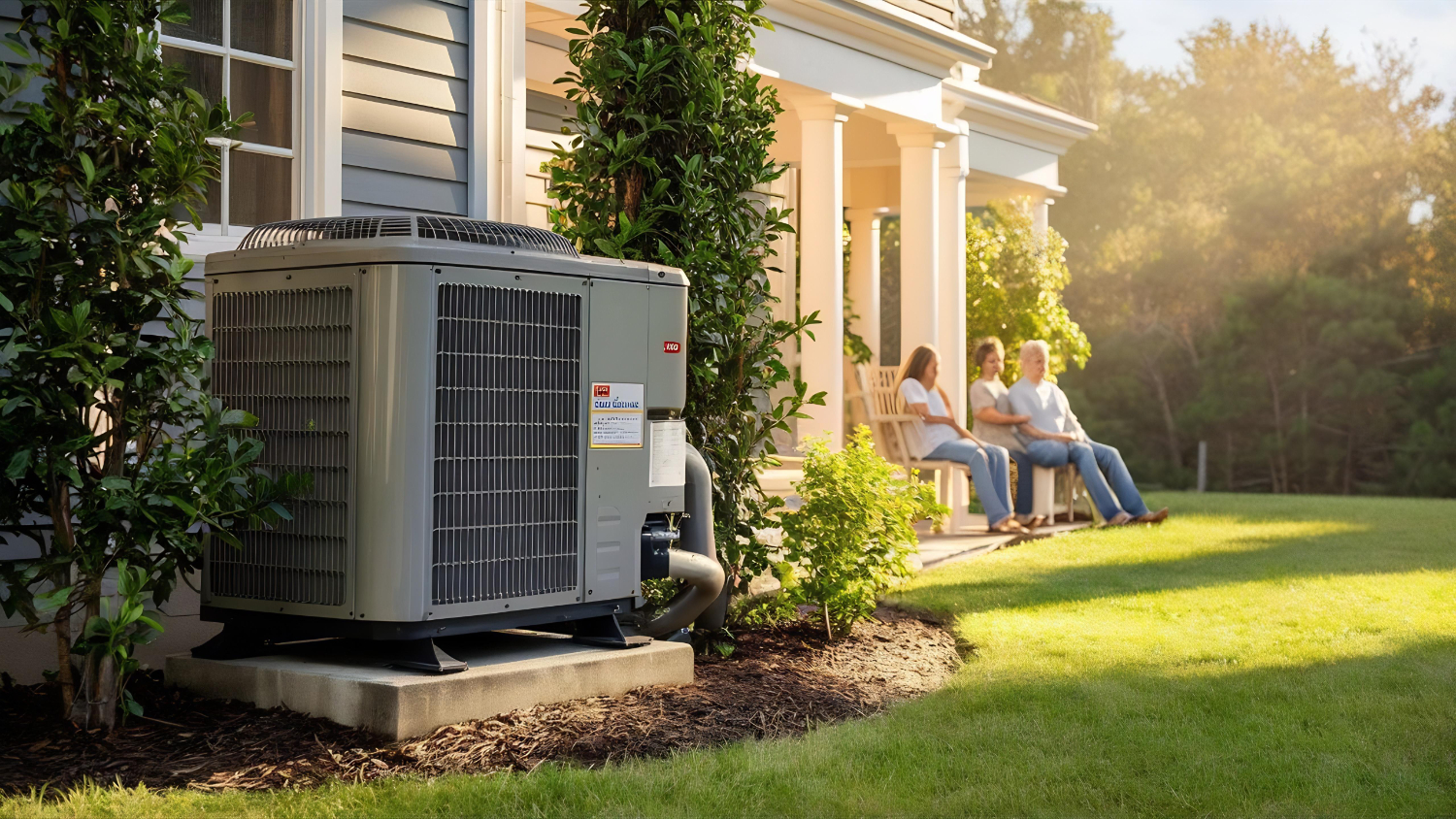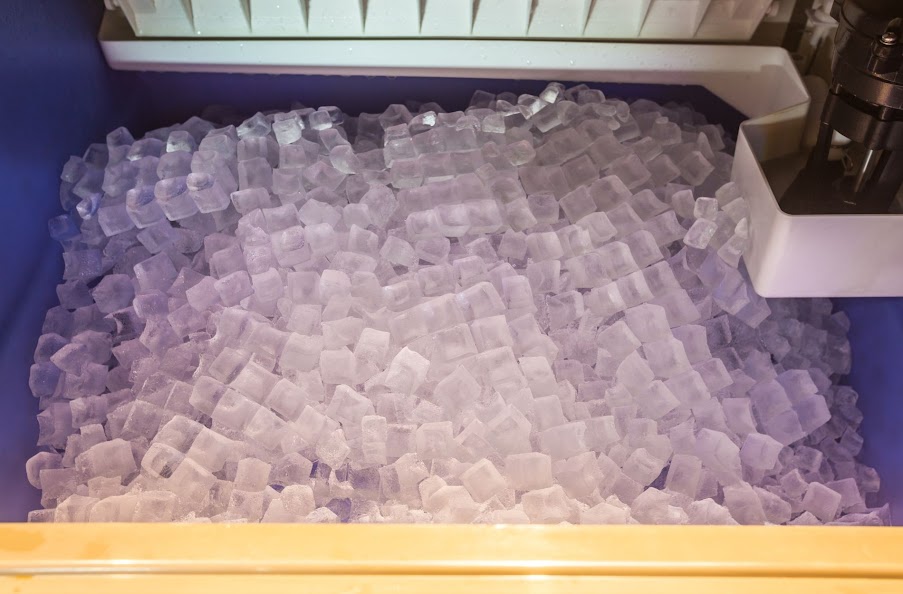Breathe Easier With Whole Home Air Cleaners For Improved Indoor Air Quality
Indoor air quality (IAQ) has become a growing concern for homeowners, especially in recent years due to the increasing amount of time spent indoors. Poor IAQ can adversely affect the health, comfort, and well-being of your home’s occupants, contributing to allergies, respiratory issues, and other health-related problems. To address these concerns, various air quality improvement solutions are available in the market, such as air cleaners, air purifiers, and UV light systems, with companies like Accu-Temp Heating & Air Conditioning leading the way in providing these essential services.
Whole home air cleaners, offered by Accu-Temp Heating & Air Conditioning, are advanced filtration systems designed to capture and remove airborne pollutants, allergens, and contaminants throughout your entire home. These systems work in conjunction with your existing HVAC system, enhancing the effectiveness of filtration and purification while minimizing the circulation of pollutants.
Delve into the types of whole home air cleaners available and their respective operational mechanisms. Explore the factors to consider when selecting the most suitable air cleaner for your home, as well as maintenance considerations to ensure optimal performance and longevity. By better understanding the benefits and functionalities of whole home air cleaners, homeowners can make informed decisions in selecting the appropriate solution to meet their individual needs and maintain a healthy, comfortable living environment, with Accu-Temp Heating & Air Conditioning ready to provide expert advice and installation services.
Types Of Whole Home Air Cleaners
Whole home air cleaners are available in various types, each utilizing a different technology or method to enhance indoor air quality. These systems can broadly be categorized into two primary types: mechanical filters and electronic air cleaners.
- Mechanical Filters: Mechanical filter-based air cleaners use physical barriers such as pleated or HEPA (high-efficiency particulate air) filters to capture and remove airborne contaminants. HEPA filters are particularly effective in trapping particles as small as 0.3 microns, removing pollutants such as dust, pollen, and pet dander.
- Electronic Air Cleaners: These devices use electrostatic attraction to capture airborne contaminants. There are two main types of electronic air cleaners: electrostatic precipitators and ionizers. Electrostatic precipitators charge airborne particles and then capture them on oppositely charged collector plates. Ionizers release charged ions into the air that bond with and neutralize contaminants before settling onto surfaces or being removed by HVAC system filters.
Some air cleaners also incorporate UV (ultraviolet) light technology to neutralize bacteria, viruses, and other harmful microorganisms, providing an additional layer of protection against airborne pathogens.
Factors To Consider When Selecting A Whole Home Air Cleaner
With multiple options available, selecting the most suitable whole home air cleaner for your needs can seem overwhelming. Here are some factors to consider when making your decision:
- Filter Efficiency: In general, a whole home air cleaner with a higher filter efficiency (such as HEPA) will be more effective in removing airborne contaminants. However, keep in mind any potential compatibility issues with your existing HVAC system and make sure the air cleaner’s efficiency meets your specific needs.
- Noise Level: Some air cleaner units, particularly electronic air cleaners, may produce a noticeable hum or buzzing sound. Be mindful of noise levels, especially for air cleaners installed near living areas.
- Maintenance Requirements: Understand the maintenance and filter replacement requirements of the air cleaner. Some options may necessitate more frequent filter replacements or cleaning, which could affect the long-term cost and convenience of the system.
- Installation Compatibility: Ensure that the whole home air cleaner you choose can be seamlessly integrated with your existing HVAC system. Additionally, consult with our professionals to determine the optimal placement and sizing of the air cleaner for maximum effectiveness.
- Cost: Factor in both the upfront costs of purchasing and installing an air cleaner, as well as ongoing maintenance and operational expenses, such as filter replacements and energy consumption.
Maintaining Your Whole Home Air Cleaner For Optimal Performance
Once you have chosen and installed a whole home air cleaner, it’s essential to follow proper maintenance procedures to ensure the system continues to function effectively and lasts for years to come. Here are some general maintenance tips for whole home air cleaners:
- Regularly Check and Replace Filters: Filters in mechanical air cleaners should be inspected and replaced according to the manufacturer’s recommendations. A dirty or clogged filter can reduce system efficiency and performance, compromising indoor air quality.
- Clean electronic air cleaner components: Collector plates and other components in electronic air cleaners should be cleaned regularly to maintain their efficacy in capturing airborne contaminants. Consult the manufacturer’s guidelines for specific cleaning instructions.
- Inspect UV Light Components (If Applicable): For air cleaners with UV light technology, routinely inspect the bulbs and other components to ensure proper functioning. Replace UV bulbs as needed or as specified by the manufacturer.
- Schedule Regular HVAC System Maintenance: Proper maintenance of the overall HVAC system, including duct cleaning and furnace or air conditioner tune-ups, can contribute to the air cleaner’s effectiveness and prolong its lifespan.
The Importance Of Comprehensive Indoor Air Quality Management
While whole home air cleaners can significantly improve indoor air quality, it’s essential to consider additional steps to maintain a healthy living environment. Some complementary strategies for comprehensive indoor air quality management include:
- Regularly Ventilate Your Home: Ensure proper air exchange by opening windows and using exhaust fans when cooking, showering, or using cleaning products to remove excess moisture and pollutants.
- Maintain Humidity Levels: Aim to keep optimum indoor humidity levels, reducing the growth of mold, mildew, and dust mites.
- Minimize Indoor Pollutants: Use low-VOC (volatile organic compound) cleaning products and paints, and avoid smoking indoors.
Enjoy Improved Indoor Air Quality With Whole Home Air Cleaners
Whole home air cleaners provide an effective solution for homeowners seeking to improve their indoor air quality in Flagler Beach, Florida. By understanding the types of air cleaners available, factors to consider when selecting an appropriate system, and maintenance practices for optimal performance, you can create a healthier and more comfortable living environment for your family.
At Accu-Temp Heating & Air Conditioning, our team of experienced professionals is here to help you with your indoor air quality, ensuring your satisfaction throughout the process. Get in touch with us today to explore our whole home air cleaners in Flagler Beach, FL, and breathe easier in your home!







